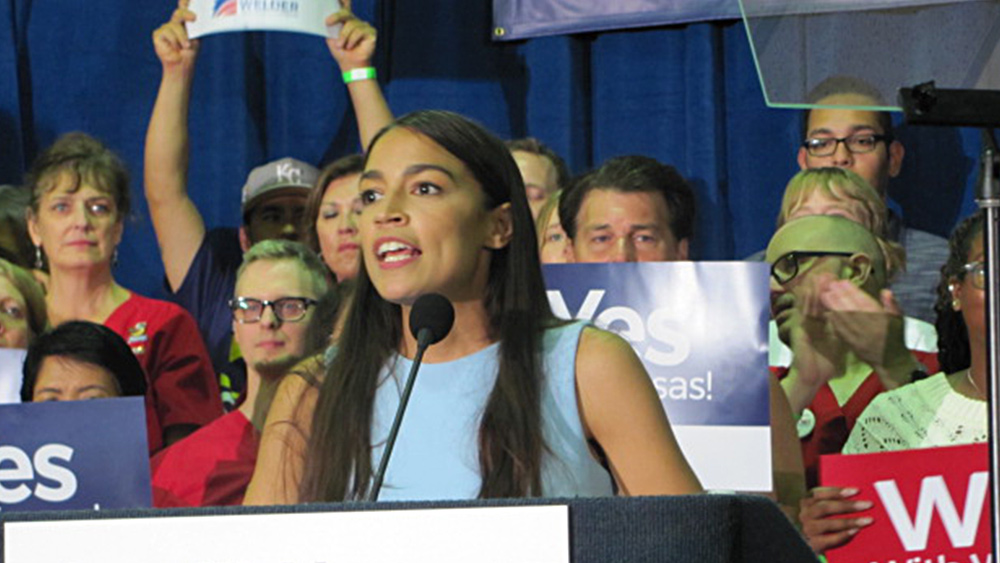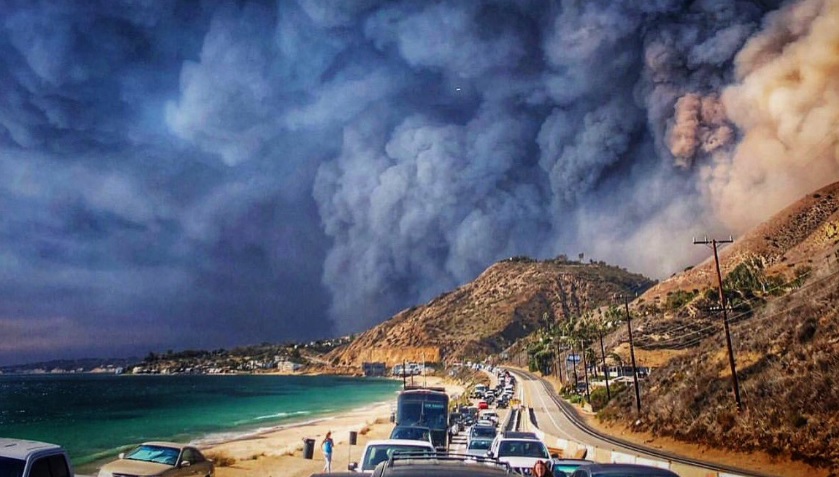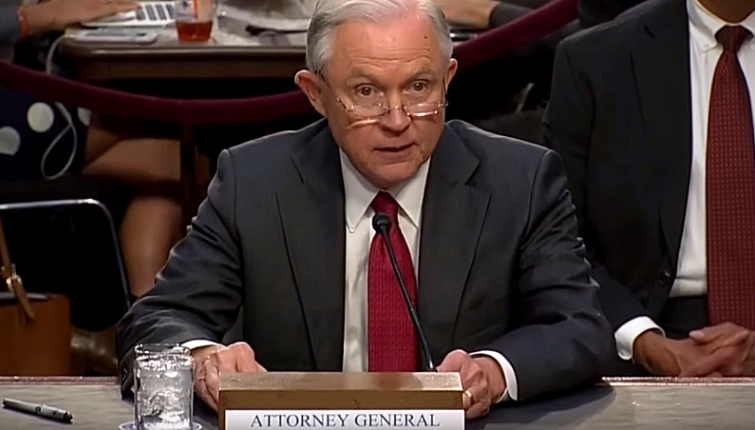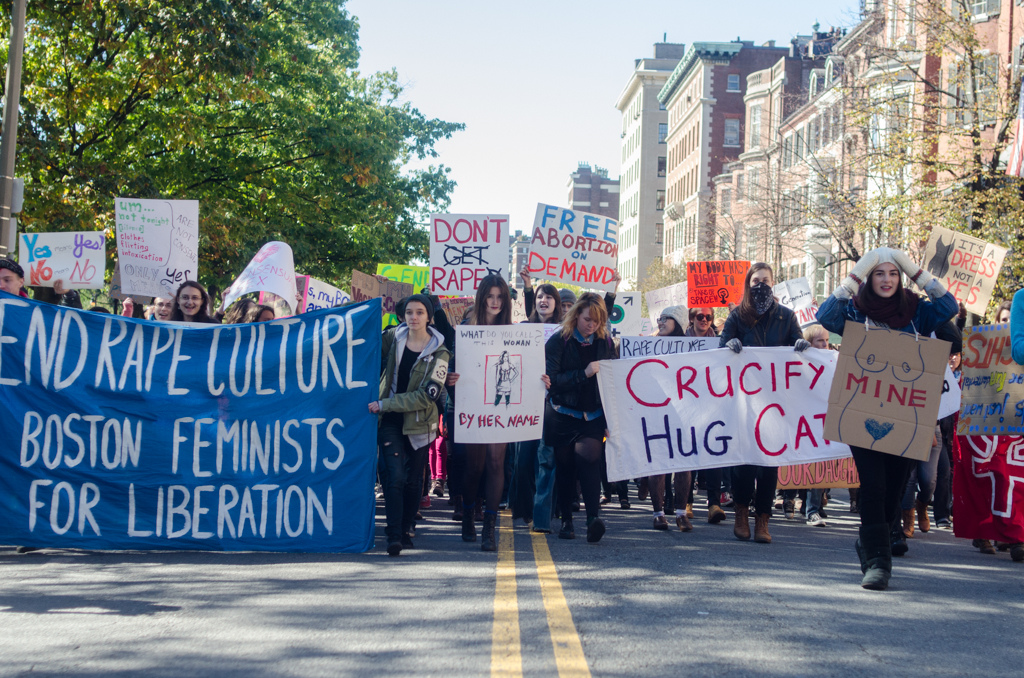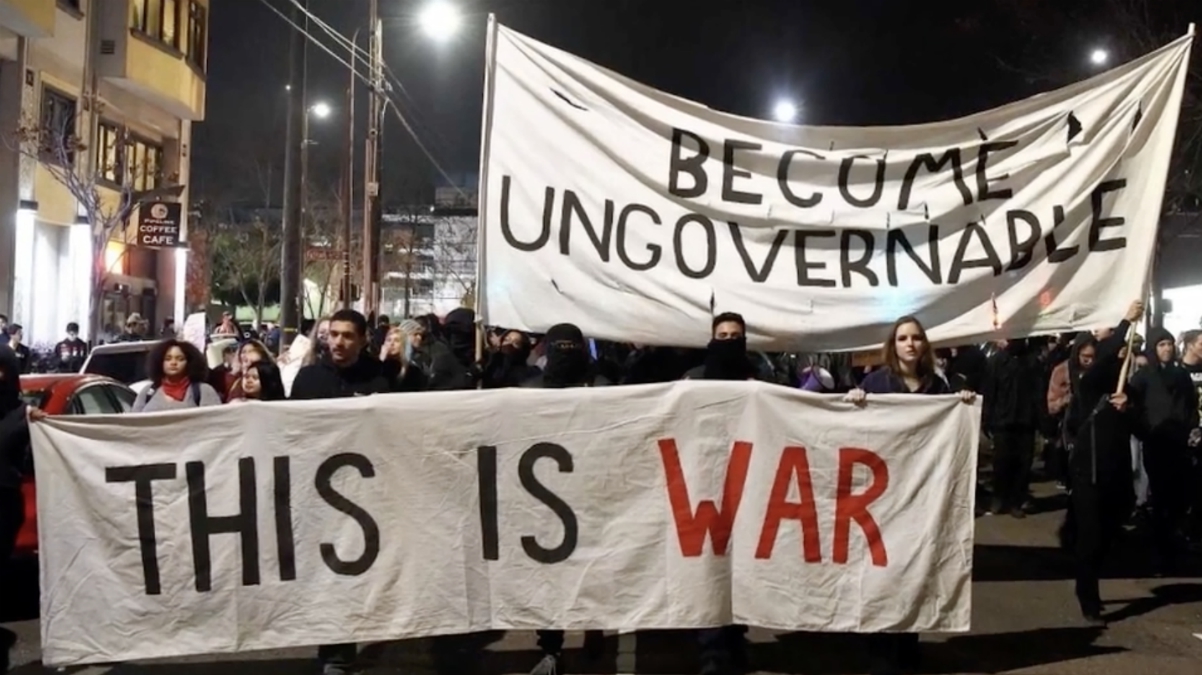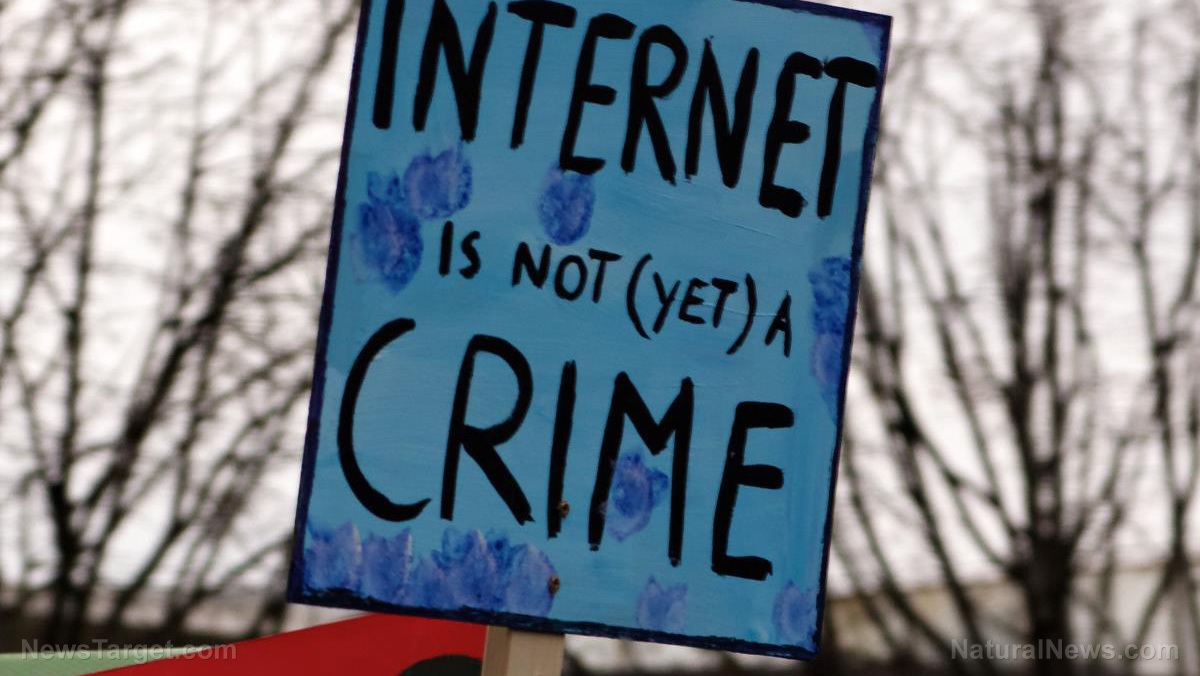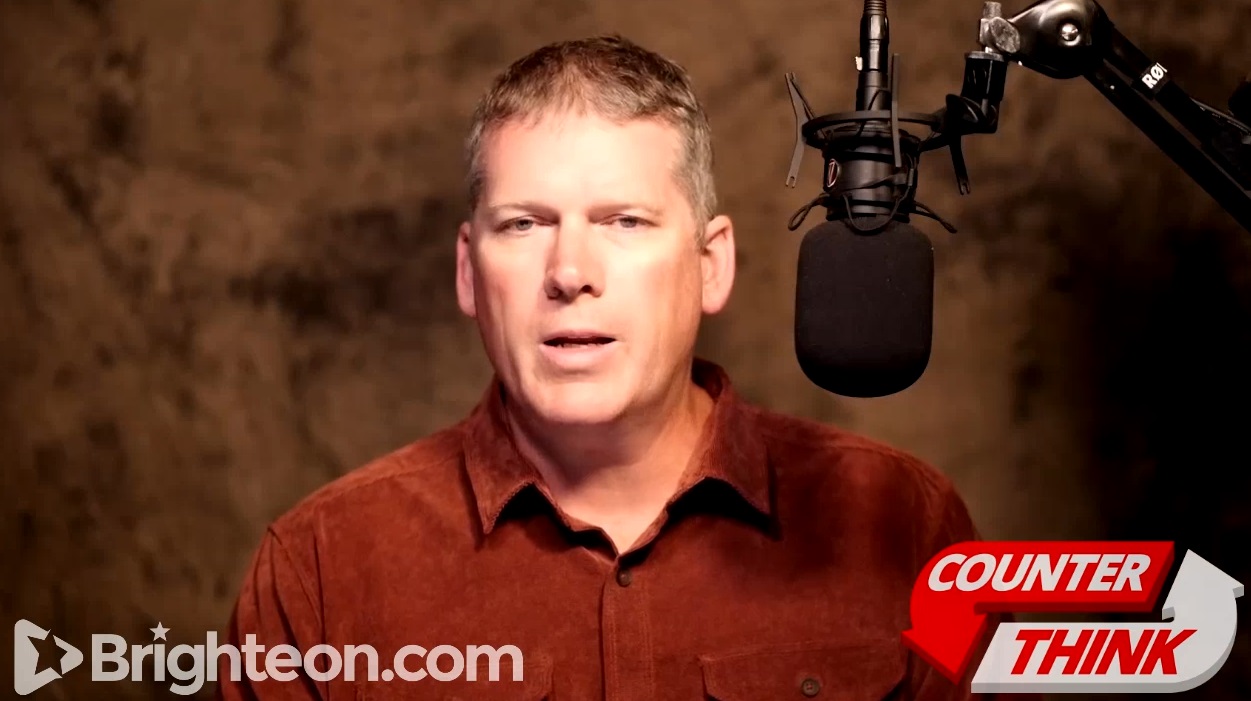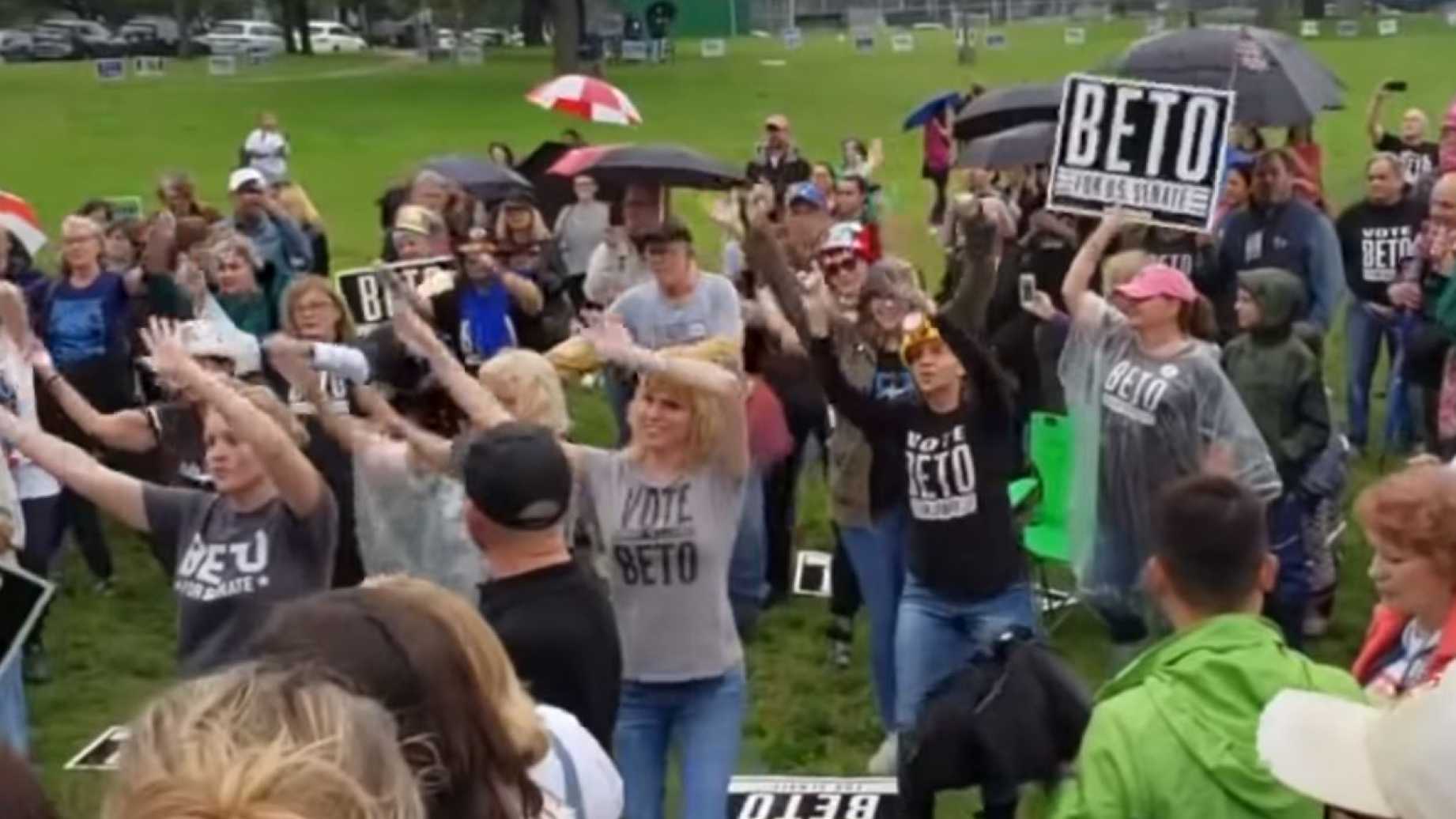Supreme Court smacks down Left-wing 9th Circuit (again) and upholds Trump’s travel ban restrictions
09/13/2017 / By JD Heyes
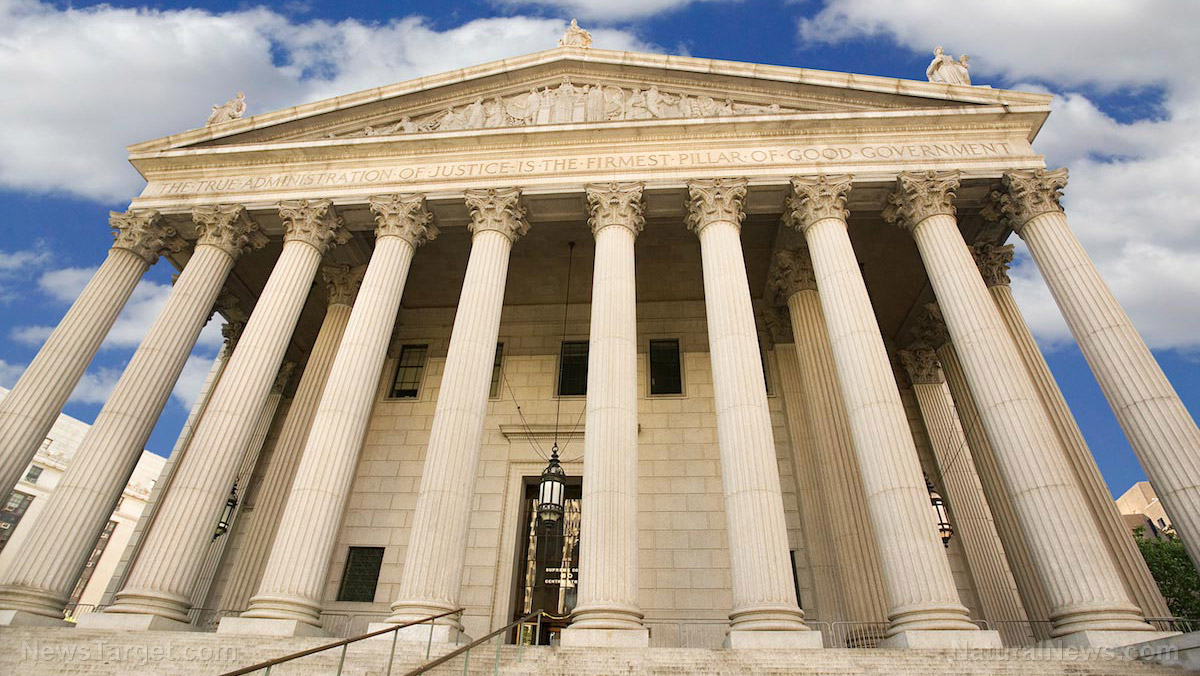
The U.S. Ninth Circuit Court continued its reputation as being the most overturned of all federal court districts when the U.S. Supreme Court ruled earlier this week to indefinitely lift the lower court’s stay of President Donald J. Trump’s travel ban.
As reported by The Hill, the high court on Tuesday agreed to eliminate restrictions placed on Trump’s travel ban aimed at visitors from six countries known to harbor terrorists until further notice, giving the power back to the Executive Branch that no federal court ever had the authority to take.
The website noted further:
The court granted the government’s request to block a federal appeals court ruling that said the administration cannot ban refugees who have formal assurances from resettlement agencies or are in the U.S. Refugee Admissions Program.
The temporary stay was issued on Monday by Justice Anthony Kennedy and was subject to a response from the state of Hawaii, which did not come by a mid-Tuesday deadline. Later that same day, Kennedy issued a one-page order that blocks the Ninth Circuit’s politically motivated ruling against Trump indefinitely.
Hawaii has filed suit against the Trump administration regarding the travel ban that blocks citizens from the six countries from entering the U.S. while temporarily halting the country’s refugee resettlement program.
“Refugees with formal assurances are the category of foreign nationals least likely to implicate the national security rationales the Government has pointed to in the past,” said the state’s attorney, Neal Katyal, according to court documents.
“By the Government’s own admission, these refugees have already been approved by the Department of Homeland Security. It is therefore exceedingly unlikely that they represent a security threat,” he continued.
Earlier this year two federal appeals courts stacked with Left-wing judges appointed by President Obama blocked substantial portions of a pair of travel bans issued shortly after Trump took office in January.
Next up: The Supreme Court will hear arguments in two cases that have since been combined that challenge the legality of the travel ban on Oct. 10. If the high court follows the Constitution and letter of the law like it is supposed to do (and like the Ninth Circuit’s judicial activist judges should have done), the cause ought to be a slam-dunk for the White House.
Why? Because the law governing Trump’s actions couldn’t be clearer and, since it was passed by Congress in proper constitutional manner, there should be nothing states or lower federal courts can do to impede the president.
Section 212(f) of the Immigration and Nationality Act of 1952 states: “Whenever the President finds that the entry of any aliens or of any class of aliens into the United States would be detrimental to the interests of the United States, he may by proclamation, and for such period as he shall deem necessary, suspend the entry of all aliens or any class of aliens as immigrants or nonimmigrants, or impose on the entry of aliens any restrictions he may deem to be appropriate [emphasis added].” (Related: Trump getting slammed for calling EO a “travel ban,” but the law makes clear that’s exactly what it is.)
There is no ambiguity in that language. In fact, as federal statutes go, that’s about as plain as it gets.
Constitutionally, the president and Congress have the authority to both decide and implement national security policy. Our founding fathers gave absolutely no authority over national security and foreign policy to the federal courts. And even now, the only role a federal court plays in national security policy is some oversight over the intelligence community’s surveillance activities.
So why did the Ninth Circuit courts rule against Trump, if they didn’t have the law on their side?
Because courts in Hawaii and Maryland decided that Trump’s “Muslim rhetoric” on the campaign trail was too divisive and, therefore, somehow his actions as president were illegitimate and insincere — and by their nature, illegal.
“The history of public statements continues to provide a convincing case that the purpose of the second executive order remains the realization of the long-envisioned Muslim ban,” U.S. District Judge Theodore Chuang in Maryland wrote earlier this year. Never in the history of the federal courts has a judge used campaign rhetoric as his or her basis for ruling against presidential power.
What’s more, Chuang’s rationale isn’t even accurate. Trump didn’t issue a “Muslim ban,” as the order did not pertain to 88 percent of Muslims living on planet Earth.
J.D. Heyes is a senior writer for NaturalNews.com and NewsTarget.com, as well as editor of The National Sentinel.
Sources include:
Tagged Under: 9th Circuit, Hawaii, maryland, President Donald J. Trump, President Trump, reinstate, travel ban, U.S. Supreme Court


